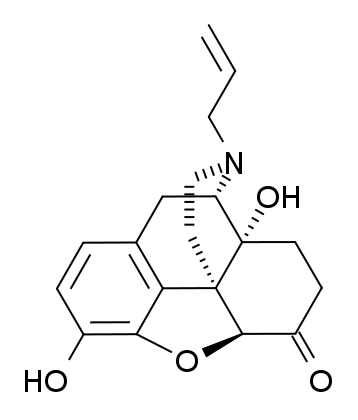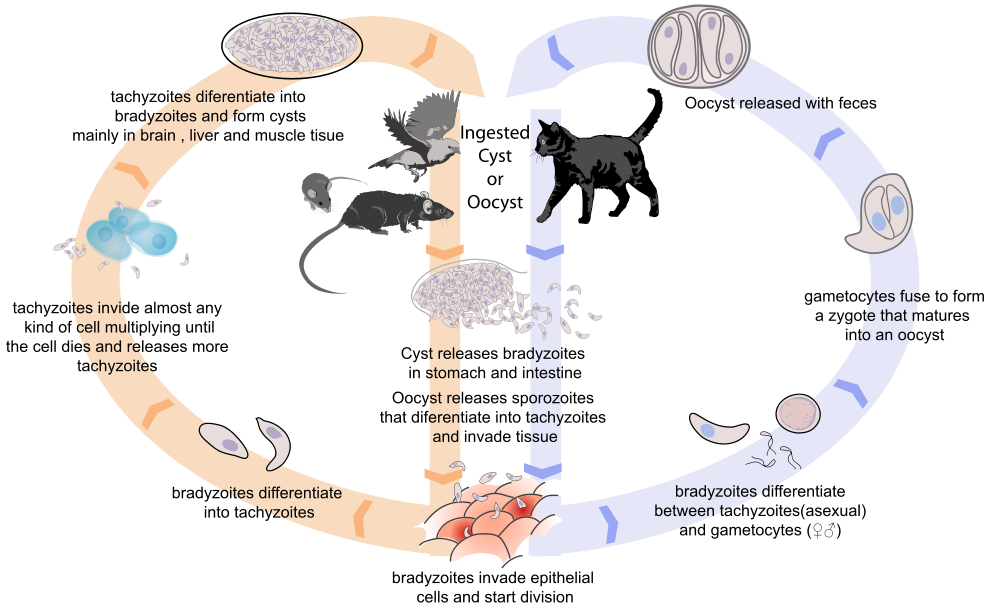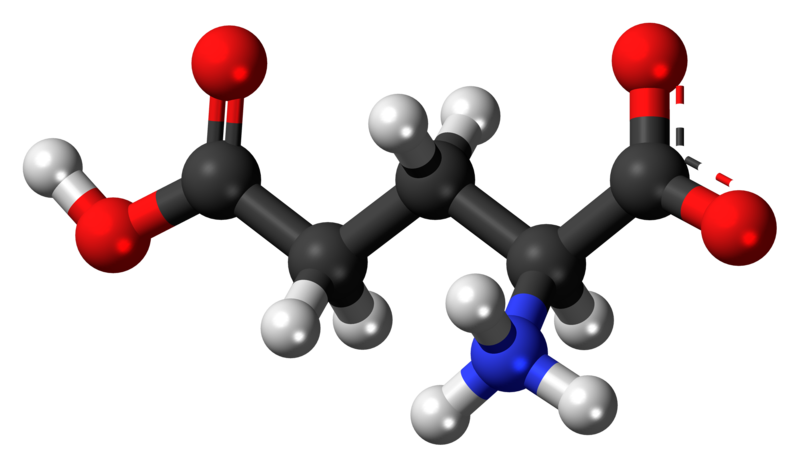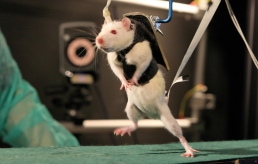Addiction Blocker
A drug called (+)-naloxone blocks the brain’s addiction to heroin and other opiates.


A drug called (+)-naloxone blocks the brain’s addiction to heroin and other opiates.

An experiment with helium shows that gibbons can manipulate their vocal tracts like expert opera singers.


If you consume something too rapidly, you may enjoy it less than if you space out consumption.




People living as hunter-gatherers burn roughly as many calories per day as those in industrialized countries.

Practicing yoga could help older people who have suffered strokes recover more quickly.

Planning a major lifestyle change can be a good idea, but only if you feel good about yourself to begin with.

New research suggests that we’re prone to think a package deal is a better value if quantity is listed before price.
Neuroscientists used poker games and MRI scans to separate social from purely strategic decision making.


Researchers find a link between a common parasite and suicide attempts in humans.



Having a dog in the house may help protect babies from developing respiratory synctial virus (RSV) and asthma.

New research into the science of the eye reveals reasons our pupils dilate, and why we look up when we try to remember things.

Traces of milk fat in pottery confirm that prehistoric North Africans practiced dairy farming.

BRAINS & BEHAVIOR - How the brain quickly overcomes arachnophobia. Why psychopaths' brains are different. And how the stress of great-grandparents is visited upon their great-grandchildren. Also: paralyzed rats walk again, and a robotic arm controlled by thoughts.

